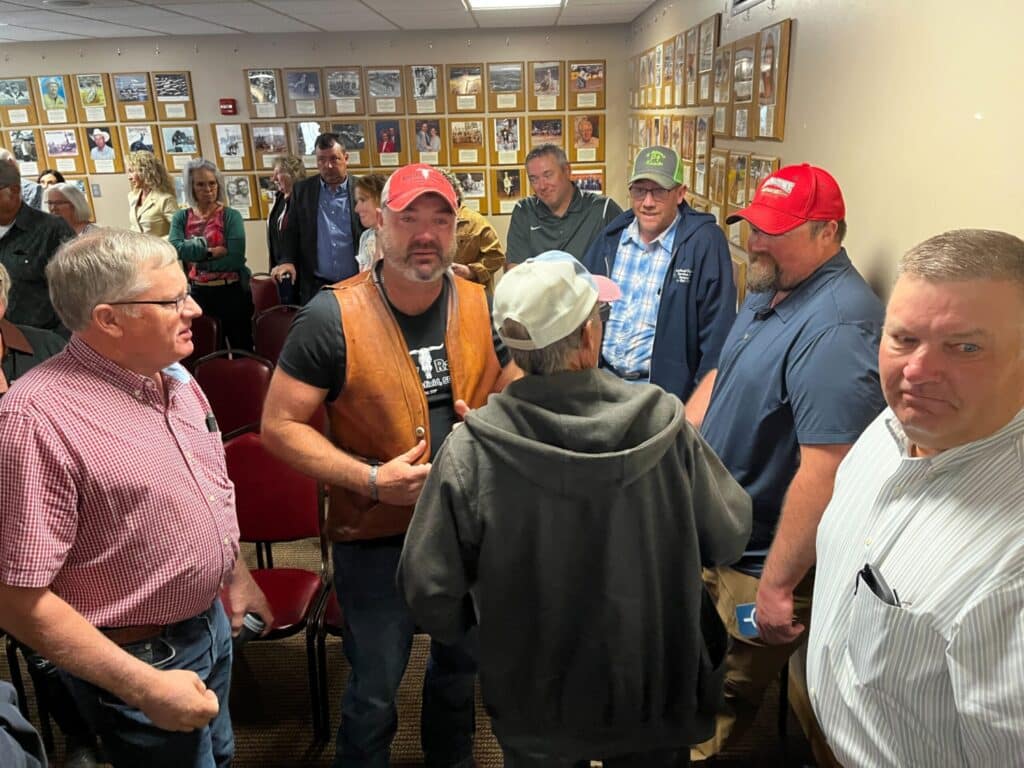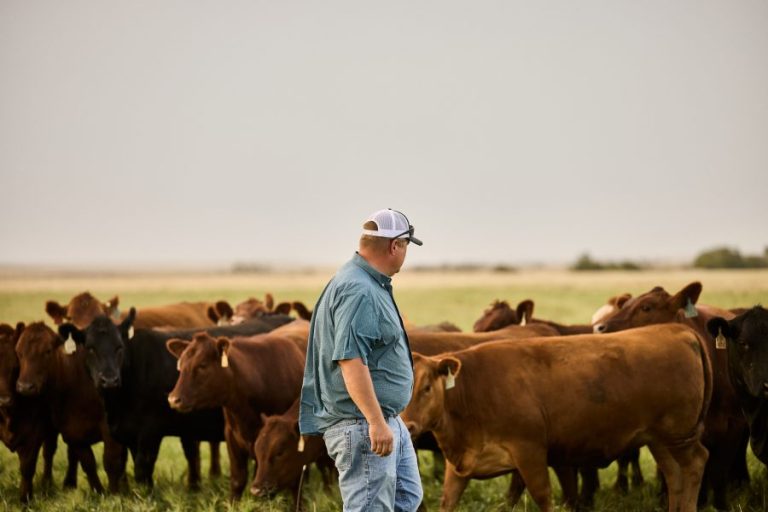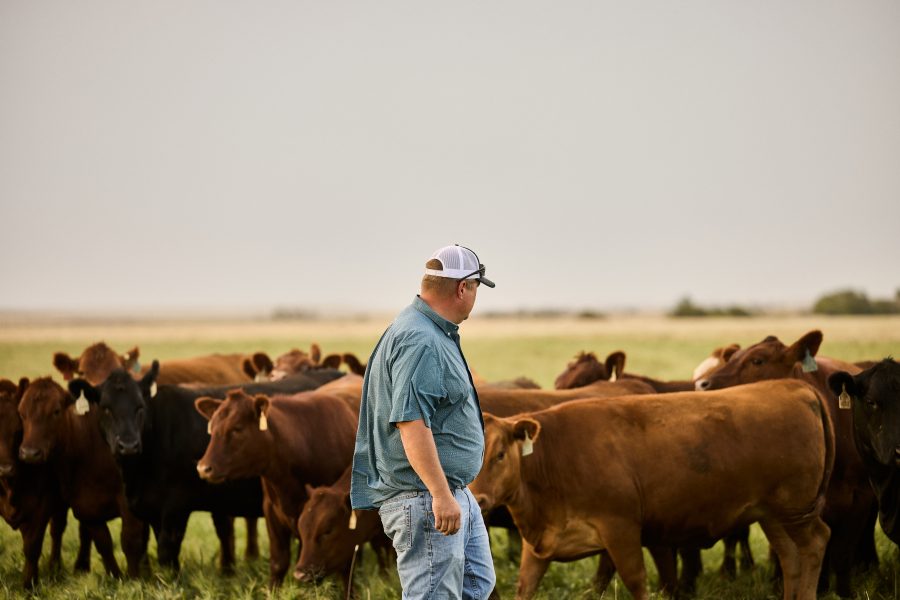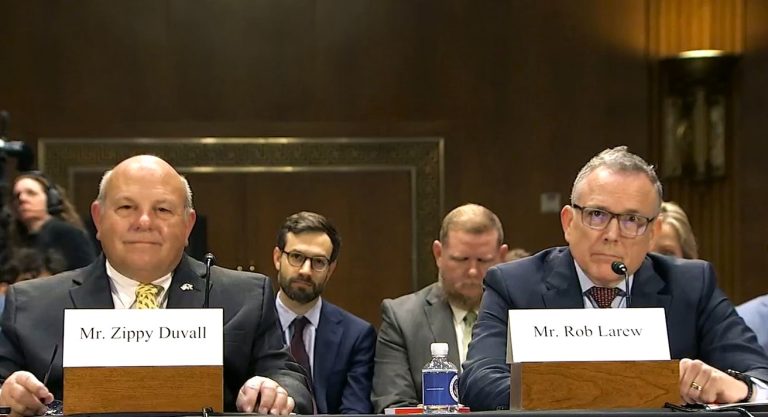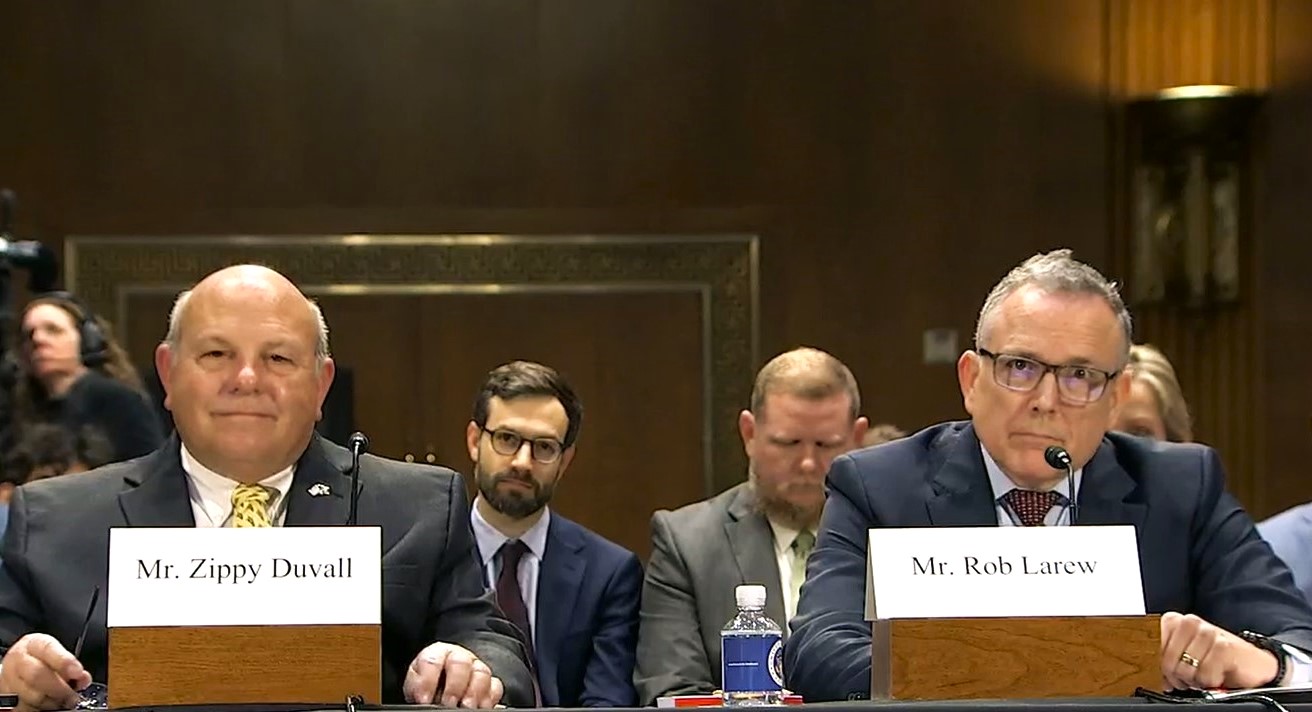HURON, S.D. – Public response from South Dakota’s agricultural organizations regarding the recent decision by the South Dakota Public Utilities Commission (SDPUC) to deny a permit to construct application for a CO2 pipeline, is beginning to come in.
And just yesterday (Mon., Sept. 11), another proposed CO2 pipeline project by Summit Solutions was denied a permit by the SDPUC.
South Dakota Farmers Union has opposed the Navigator project and others that would pipe CO2, a byproduct of ethanol production, from South Dakota plants to North Dakota and other states for storage and sale.
During the 2023 Legislative Session, South Dakota Farmers Union joined with others to support HB1133. The House Bill would have protected landowners by excluding carbon dioxide as a common carrier commodity, thus pre-empting the use of eminent domain by CO2 pipeline companies to take property for its use without consent from landowners.
Unlike electricity, water or natural gas transported via pipelines, transporting highly pressured CO2 only benefits two private investor groups in pursuit of federal tax incentives.
The majority of state legislators did not support landowners and the bill failed. If the bill had passed the Senate, CO2 would not qualify for “eminent domain,” which is a legal process to gain access to land from unwilling landowners.
The South Dakota Farmers Union is calling on state legislators and Congressional leaders to clarify and strengthen protections for family farmers and ranchers and their land rights.
Doug Sombke, president of the state’s Farmers Union said, “The decision by the Public Utilities Commission is a win for local control and serves as a clear reminder that more must be done to secure property rights for landowners. As it is, South Dakota’s communities have limited control over the project’s planning.
Legislation that includes definitions under Chapter 49 in South Dakota Codified law dealing with Public Utilities Commissions jurisdiction would be a firm step in that direction, said Sombke.
The door isn’t entirely closed for Summit or Navigator. The companies can reapply in the future and obtain permits, provided they can adequately address the commission’s concerns about the projects.
